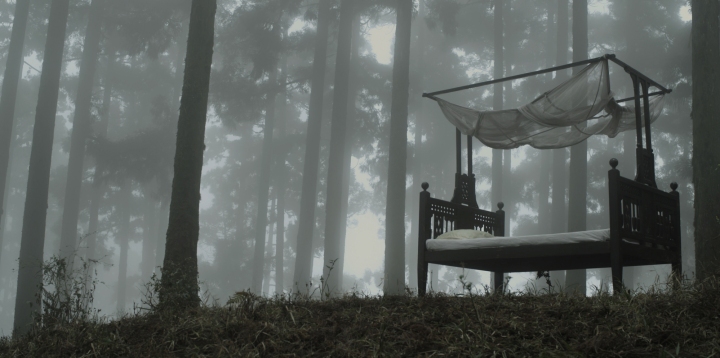I watched a film and read a book this weekend, both of which raised the same question in my mind. Yes, I know of the widespread tendency to dismiss such questions in the contexts of cinema or literature of these particular genres: I mean, when you are watching an unabashedly commercial Bollywood film or reading an Agatha Christie novel, a suspension of concerns about feminism or patriarchy is automatically asked for. But even after reminding myself of this disclaimer (“This content is not to be taken seriously”), I could not help being bothered.
Because those who think that there are contexts where these questions don’t matter may be making a dangerous mistake. Certain questions always matter. And even if there are a very few exceptions, a mainstream film or a popular novel is most certainly not among them.
I’ll begin with Dame Christie. A successful, independent, good-looking and intelligent woman is finally about to marry the worthy (reserved, chivalrous and so on) guy she has loved for a long time. The guy, suddenly not sounding very worthy any more, says, “…and you’re going to give up that damned dress-making business of yours.”
I wait before I curse him. Let’s hear how she’ll take it.
“You realise that that damned dress-making business is my venture, that I have built it up myself with hard work and made it into a success, don’t you” she says.
(That’s right, girl. You drive some sense into this misguided man.)
“And you have the nerve to say that I must give it up?”
“Yes, I do. You’ll give it all up and come and live in the country with me.”
“Oh, X, but that is what I have always dreamt of! Of course I will!”
You’re kidding me, right?
I mean, it’s not even incompatible—running the successful business and having a happy family life. And no, even at that time and that place it was not incompatible. It would not even have been difficult.
What I don’t understand is, why would Christie, who not only equalled men when it came to success, but outshone many, many of them, would write about this as perfectly normal. Or was she being supremely ironic and I missed her point? I rather hope so.
And now, the Bolly fare. Of course, if I sat down to list the instances of misogyny in Bollywood, I’ll be writing for a long long time to come. This, however, should serve as a good enough and random enough example.
I won’t name the film. It was funny, fast-paced, incredibly absurd and quite enjoyable on the whole. But how these came to be included—thought of, written, shot, directed, acted, edited, included in the final cut, passed by the censor board and then no doubt enjoyed by a fair number of people who do not share my concerns—baffles me.
- The two heroes have gone to meet a girl. She comes up slo-mo from a pool, clad in a deliciously tiny bikini. Regular enough. While one of the men talks to her, the other ogles at her chest. Till she raises her eyebrows. This is supposed to be funny.
- The heroine appears. She is a thief because she is bored and lonely, don’t you know. Our tougher hero insults her at every word and even handles her roughly. So of course she falls in love with him. And spends the rest of the film drooling at his rudeness. Wow.
- Our heroes are chasing an assistant villain and turn up at an underground den of sorts, where the most famous/notorious/popular (I forget how it was advertised) game of the city is held: a beautiful girl dances in front of a basement full of roaring men. After her performance, the toughest arm-wrestle to decide who gets to take her. At this point, you should be calling the human rights-wallahs already, except that if you do, you are taking this too seriously. For it’s all just mildly exciting. And our heroine, the same one who loves it when the hero snaps at her, has followed him here and starts gyrating in a micro-mini dress. Of course he will arm-wrestle-rescue her at the end. So why not have a bit of fun meanwhile with about a hundred would-be (or actual) rapists? Go, Bollywood.
- While our heroes were entering this dump, they met with a disturbing sight. It even made them, busy and preoccupied as they were, shocked and serious for all of a moment. Inside a chamber with a glass wall were trapped two women, clad in harem-like costumes, standing/sitting in calf-high water. One of the women seemed to be unconscious (or resigned to her fate). The other pleaded with folded hands to our heroes to save her.
Did they? They did, right? After beating the villain and rescuing the heroine and singing the song and dancing the dance, they did rescue these women, right?
So wrong.
The poor, beautiful, scantily-clad women about to be tortured were just details in the set-up. Adding colour, you know.
Not very funny, this. And really, really, not OK.


